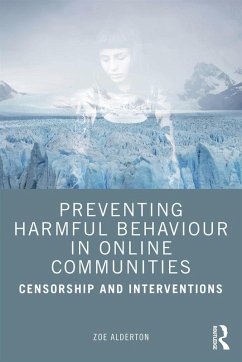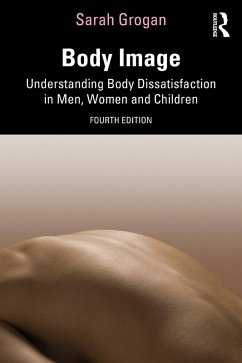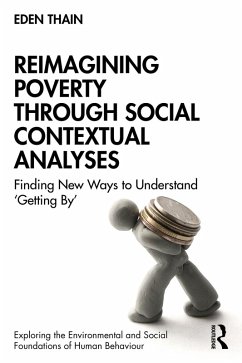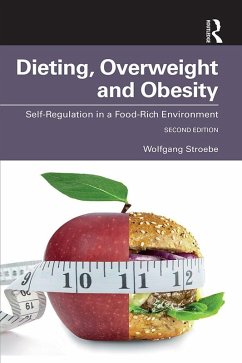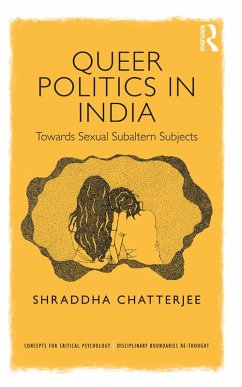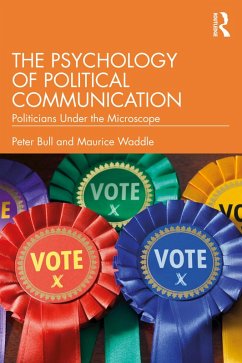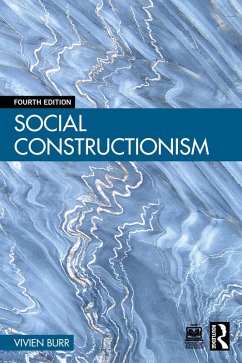
Contextualising Eating Disorders (eBook, PDF)
The Hidden Social Contexts of Unusual Eating
Versandkostenfrei!
Sofort per Download lieferbar
37,95 €
inkl. MwSt.
Weitere Ausgaben:

PAYBACK Punkte
19 °P sammeln!
This book rethinks the diagnosis and treatment of eating disorders by putting the spotlight on their social and societal contexts, examining how these behaviours are shaped by the difficult life conditions of those suffering.Drawing on the lived experiences of nine women, this book uses in-depth case studies and interviews to discuss eating disorders with a Social Contextual Analysis framework. It prioritises the women's own voices about their life conditions and recovery to explore the behaviour of unusual eating patterns. The book identifies common social properties across the nine women, wh...
This book rethinks the diagnosis and treatment of eating disorders by putting the spotlight on their social and societal contexts, examining how these behaviours are shaped by the difficult life conditions of those suffering.
Drawing on the lived experiences of nine women, this book uses in-depth case studies and interviews to discuss eating disorders with a Social Contextual Analysis framework. It prioritises the women's own voices about their life conditions and recovery to explore the behaviour of unusual eating patterns. The book identifies common social properties across the nine women, which will become essential context when considering treatment and therapy for unusual eating. Through this more compassionate approach, readers are presented with a detailed example of new ways to analyse and treat the behaviours of mental health and therapy outside of a DSM diagnosis.
Contextualising Eating Disorders is unique in its focus on giving priority to women's voices and the social contexts behind unusual eating and will be highly relevant for all professionals working with those with unusual eating patterns, as well as students and academics in the fields of social psychology and mental health. This book will also benefit those who themselves are suffering from unusual eating patterns they might not understand.
Drawing on the lived experiences of nine women, this book uses in-depth case studies and interviews to discuss eating disorders with a Social Contextual Analysis framework. It prioritises the women's own voices about their life conditions and recovery to explore the behaviour of unusual eating patterns. The book identifies common social properties across the nine women, which will become essential context when considering treatment and therapy for unusual eating. Through this more compassionate approach, readers are presented with a detailed example of new ways to analyse and treat the behaviours of mental health and therapy outside of a DSM diagnosis.
Contextualising Eating Disorders is unique in its focus on giving priority to women's voices and the social contexts behind unusual eating and will be highly relevant for all professionals working with those with unusual eating patterns, as well as students and academics in the fields of social psychology and mental health. This book will also benefit those who themselves are suffering from unusual eating patterns they might not understand.
Dieser Download kann aus rechtlichen Gründen nur mit Rechnungsadresse in A, B, BG, CY, CZ, D, DK, EW, E, FIN, F, GR, HR, H, IRL, I, LT, L, LR, M, NL, PL, P, R, S, SLO, SK ausgeliefert werden.





